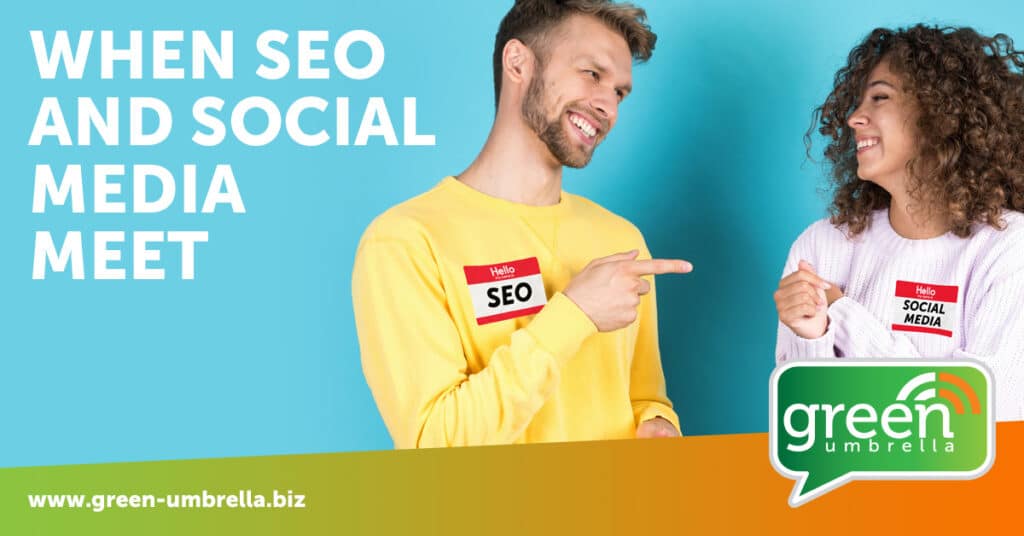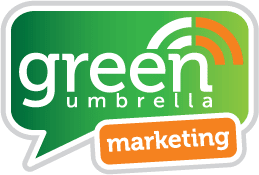A big SEO to-do – When SEO and Social Media Meet

A big SEO to-do – When SEO and Social Media Meet

Be warned – this article may come across as a bit shouty at times. I may veer off into a rant here and there. BUT this is something I feel incredibly passionate about. (Fingers crossed it will all get toned down in the edit!)
Ok. YES. When you compare the approach of a digital marketing agency rooted in organic social media marketing strategies with the approach of an agency focused on SEO, you will see some clear differences in their suggestions for what will get your business on page one of Google. But there will also be a few similarities.
Complete the basics
There are several, and in my opinion, very basic, tasks all businesses should ensure they have completed to help them on their way from a digital perspective, whatever approach they chose to move forward with. I’m not going to bore you with a list, but I am going to cover a couple of things that come up again and again and again in my work.
Analogy time: Before we get excited about babies taking their first steps, we have already done the work required to help them hold up their heads, roll over, sit up… We do this without question of the necessary resources needed or the possible return on investment.
If you want your website to work for your business, you have to do the basics first – without question.
Do your Keyword research
Sign up for Google Ads (previously known as Adwords), and use the free Keyword planner tool to get an idea of the juiciest terms you can use in your headings and subheadings. Then, where possible, weave those bad boys in! However, I HATE reading text written to squeeze every keyword imaginable in (and I know I’m not alone on this) – so don’t go overboard.
Social Media Tip: Don’t forget to weave these terms into your social media bios and content too!
Get up close and personal with your H1 and H2s
If you are expecting your fantastic content to be read in the traditional sense – you’re mistaken. Your website content will be consumed, but the reality is we are living in a world where time is of the essence. Visitors to your site will scan your content, taking in the title and any subheadings first and then possibly the odd paragraph. If, by then, you have managed to fully capture the attention of that visitor – maybe your article will be read in its entirety.
I’ve used the word visitor, and because of that you probably have a picture in your head of a male or female prospect reading your content… Swap that image out for a spider – or rather a Google spider.
That spider is going to crawl through your site.
That spider is going to consume your titles (which should be formatted using H1 tags) and subtitles (which should be formatted using H2 tags). Feed that little beastie with categories and tags, and keywords. Go on feed it…

Make Your Site SEO friendly
It is essential that we make our websites as search-engine-friendly as possible in the first instance, irrespective of whether we are then moving to a more organic social media campaign or a PPC strategy. If you don’t invest time in the basics of getting your site ready for search, then you are, in my opinion, building a humongous brick wall that will scupper your chances of success. Yep – I feel pretty strongly about this subject.
Meta Titles and Descriptions
You need to administer a bit of control in relation to your Meta titles and descriptions. AKA the bits that show in Google search results! This activity is something I would describe as a basic, basic SEO activity that will help the overall optimisation of any website. If you are using WordPress as your CMS, then Yoast is one of the easiest-to-use plugins available, and best of all it’s free of charge. (Although you can pay for upgrades for extra features.) Yoast allows you to control your Meta Titles and Descriptions and also set keywords for each page.
From an SEO perspective, the keywords and Meta titles are essential. The meta descriptions, however… I would throw the question of their importance out to the SEO specialists to debate!
I know the current thought in the SEO world is that descriptions are not hugely relevant, but by using them I have seen websites make huge leaps forward in their performance in search. Also, if you – as a human – are scanning down page one of your google search results, you are scanning through those descriptions.
Why would you not want to use this area to make your link more appealing/interesting/relevant in comparison with the other results on the page??? Duh!
Social Media Tip
Your meta descriptions may also be seen when your links are shared on social media platforms. So make them send a message, rather than the platform displaying whatever text it can find first.
Another analogy: Remember the story of The Three Little Pigs? Would you use twigs to build your house? Or would you rather build it out of brick and cement, strengthening it with solid foundations?
If your website is going to serve its purpose from a marketing perspective, build it with solid foundations.
My Disclaimer – this is all based on the opinion of a social media specialist.
I am NOT an expert in SEO. (If you ask me about SEO services I have a lovely guy whose details I will pass on to you.)
BUT I do have lots of opinions on it. I do know my stuff, and I keep up to date with the changes. I have worked with many, many, SMEs across various sectors and industries. Those that are service-based and those that are product-based. Because of my first-hand experience, I will happily jump onto a soapbox and scream that everything in this article matters.
You DON’T have to be an SEO expert to know how essential the elements in this article can be for success.
There are a huge number of other factors that will also have an effect on how you perform in search. So don’t think you can get away with only doing the few things in this article and instantly become king of the world.
This is your starting point.
This is your first step.
Do not skip it!

Christina Robinson is the Managing Director of Green Umbrella Marketing. She provides Social Media Training and Coaching for a range of clients throughout the UK.
Share this!

